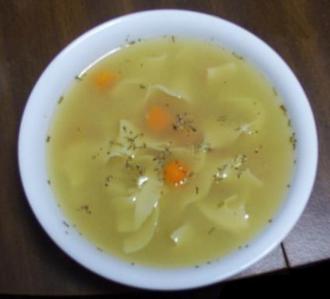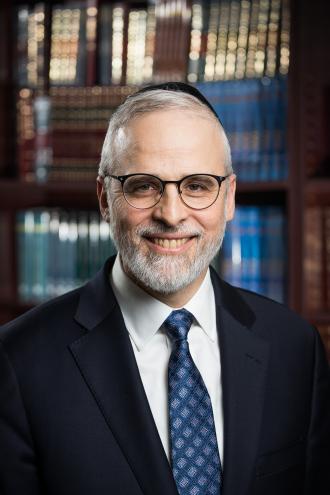The Weekly Shtikle is dedicated le'iluy nishmas my Oma, Chaya Sara bas Zecharia Chaim, a"h.
This week's shtikle is dedicated for a refuah sheleimah for my father.
Please include Reuven Pinchas ben Yehudis in your tefillos.
Shavuos features the reading of Megilas Rus, detailing the heroic journey of Rus converting to Judaism and ultimately marrying into the royal line and becoming the great grandmother David HaMelech. Na'ami initially attempts to dissuade both Rus and Arpah from joining her. She succeeds in pushing Arpah away but in the end, she brings Rus along with her as she returns home. What was it that she saw in Rus that she ultimately agreed to take her in?
It occurred to me recently that perhaps what Na'ami sensed was the spark of the family matriarch, Tamar. Upon closer inspection, many components of the story that make up Megilas Rus mirror those of the story that led to Tamar and Yehudah's union to spawn the Davidic line.
Both stories begin with a form of self-imposed exile. Yehudah left his brothers (Bereishis 38:1) after their disappointment in his handling of the situation with Yoseif. Elimelech had his own reasons for fleeing Eretz Yisrael during the famine to take refuge in Moav. In both stories we find the deaths of young brothers. Both Tamar and Rus found themselves in a position where they could have, should have and would have let their tragic past fade away and start anew. But both, with a certain sense of destiny, showed unwavering determination in their quest to rejoin the families from which they had been disconnected.
Tamar employed what certainly appears from our perspective to have been questionable means, bordering on promiscuity, in order to come back into Yehudah's life. But Chazal are clear that she was very much the tzenuah and that may very well have been what allowed her to pull of her daring mission.
Rus, as well, proves herself to be a woman of great modesty in the way she collected in the fields (2:5). Ultimately, with Na'ami's guidance, she courts Boaz in a rather unusual way, one which Boaz might have considered completely inappropriate if he had not already gotten to know Rus and appreciate her great modesty.
Both stories conclude with an alternate form of yibum which essentially serves to carry on the lineage that would lead to David haMelech and mashiach tzidkeinu, may he come speedily in our day.
Have a chag samei'ach!















